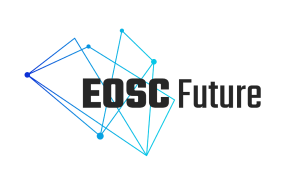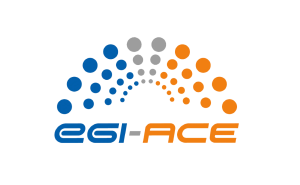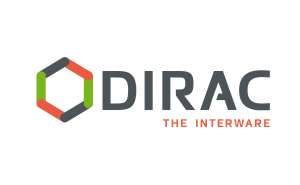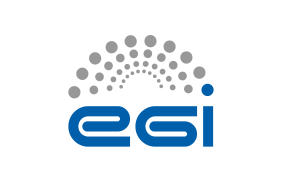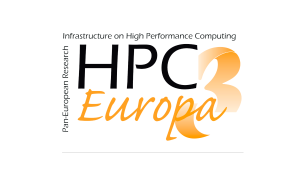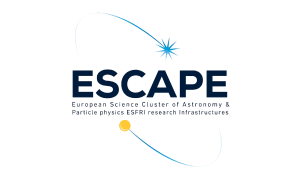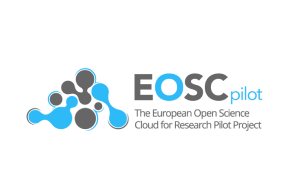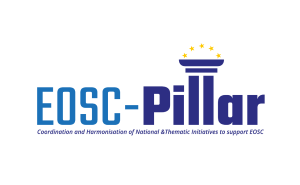Le Centre de Calcul de l’IN2P3 est engagé sur plusieurs projets européens visant à fournir à sa communauté de chercheurs des outils à la pointe de l’informatique scientifique.
Le CC-IN2P3 s’est inscrit dans le projet ambitieux de participer à la conception et à la mise en place de l’EOSC (European Open Science Cloud) dans le but d’assurer le partage, l’exploitation, la réutilisation et la préservation de la donnée scientifique.
Le CC-IN2P3 contribue depuis plus de deux décennies à la création d’un paysage européen et même mondial de traitement de données, en particulier au service de la physique des hautes énergies.
Depuis 2010, il adhère à l’initiative Pan-Européenne EGI, visant à offrir des services de calcul, de stockage et de traitement de données fédérés et distribués. Dans ce cadre, le CC-IN2P3 contribue à de multiples projets : il a par exemple été moteur et concepteur du Portail des Opérations de EGI qui est l’outil de référence en ce qui concerne l’information de l’ensemble des communautés d’utilisateurs et des sites participants sur l’état des services fournis. Ce projet continue de se développer et évoluera dans le cadre de plusieurs nouveaux projets successifs permettant la fourniture dans le cadre plus global de l’EOSC (Portail EOSC).



